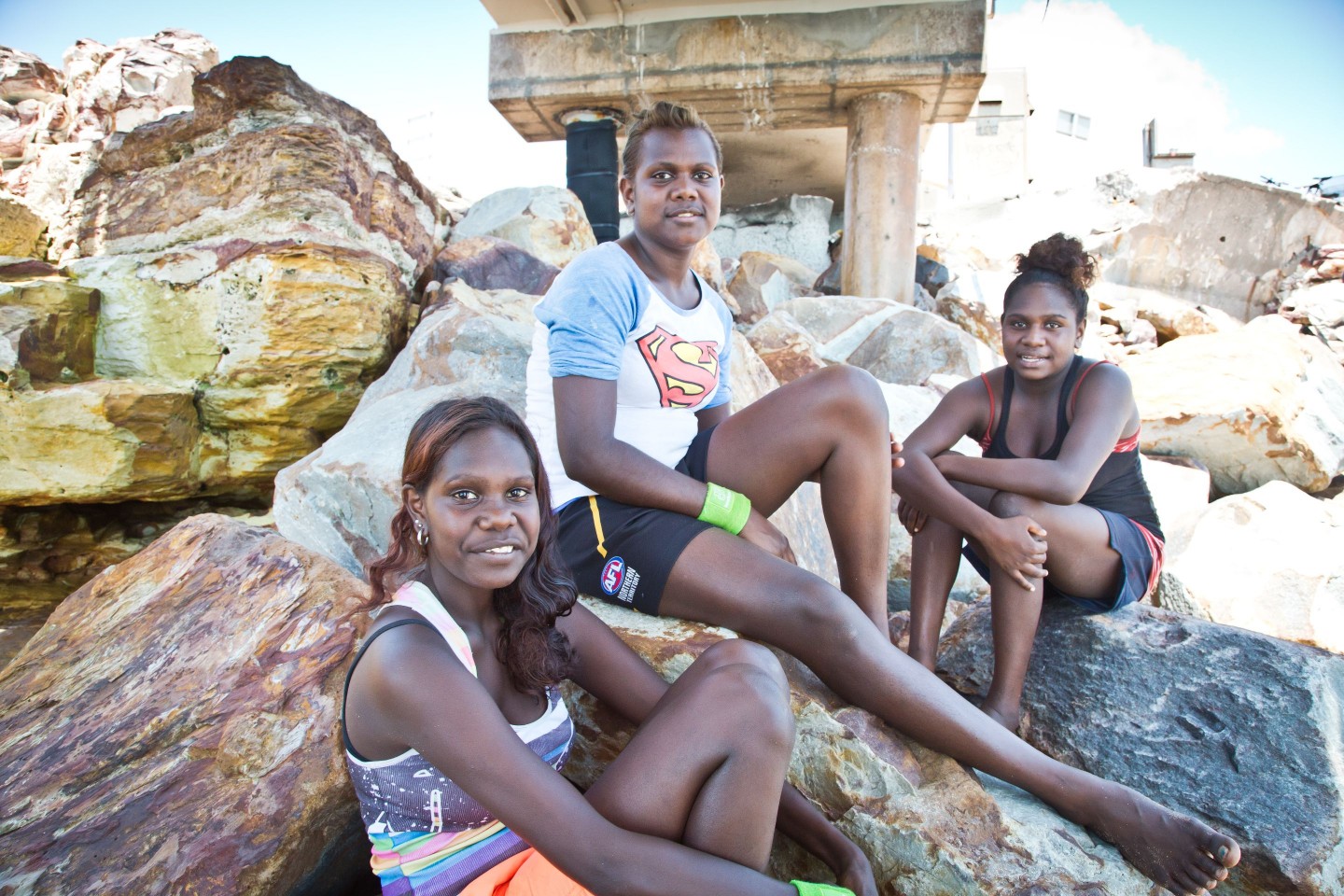It has revealed that 1 in 3 (33%) young Aboriginal and Torres Strait Islanders are experiencing high to very high levels of psychological distress.
Additionally last month, the Australian Bureau of Statistics released its Causes of Death report which outlined suicide as the leading cause of death for Aboriginal and Torres Strait Islander young people, accounting for 40% of all Indigenous youth deaths.
Further statistics for the health and wellbeing of young Aboriginal and Torres Strait Islander people are equally alarming:
- Those aged 15-17 contributed to 94.4% of all suicide deaths in young Indigenous people.
- Over the 5 years from 2013 to 2017, Aboriginal and Torres Strait Islander young people and accounted for more than a quarter of all suicide deaths in this age group (93 of 358 deaths, 26.0%).
There is no one reason as to why young Aboriginal and Torres Strait Islanders are experiencing these high levels of distress or why the suicide rate is higher in this priority group - it is a combination of factors.
Unfortunately, by the time many young Aboriginal and Torres Strait Islander people are 12 years old, they will have experienced more trauma than a non-Indigenous young person in their life time.
Additionally, access to mental health services for Aboriginal and Torres Strait Islander people can be challenging. A number of Aboriginal and Torres Strait Islander people live in rural areas with the majority living in the Northern Territory. It is in these areas where there is a crucial need for mental health services. In these areas, young Aboriginal and Torres Strait Islander people have to travel far to reach services such as these and sometimes there are no transportation options.
It is also important to note that there can be a sense of shame associated with help-seeking amongst the Aboriginal and Torres Strait Islander community.
These presenting challenges make it clear that there is a heavy demand for more mental health support to meet the unique needs of the Aboriginal and Torres Strait Islander young people.
In 2017-18, headspace welcomed 7,084 young people who identified as Aboriginal and Torres Strait Islander to a centre – close to 1,000 more young people than 2016-17.
Because of the population of Aboriginal and Torres Strait Islander people who live in rural areas, headspace recognised this as a challenge and is now trialling an innovative outreach service in remote Pilbara. Instead of young people trying to come to headspace, headspace workers reach out to remote communities within high schools and youth centres.
There is always scope to do more and with innovative approaches and collaborative campaigns with the community, such as our Yarn Safe campaign, we can continue to support young Aboriginal and Torres Strait Islander people with mental health issues.

